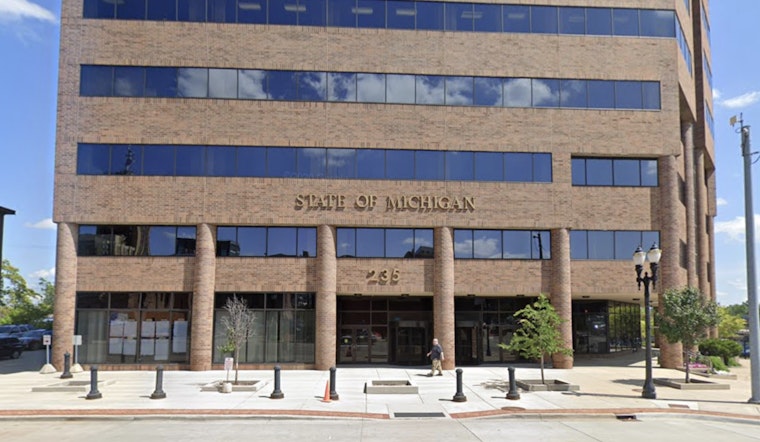As the opioid crisis continues to affect the United States, Michigan is showing significant progress, with a nearly five-fold greater decline in overdose death rates compared to the national average. The
Michigan Department of Health and Human Services (MDHHS)
reported a 5.7% decrease in overdose fatalities for 2023, marking a positive shift in the fight against substance abuse.
The provisional count of overdose deaths for last year was 2,826, a decrease from 2,998 in 2022, suggesting that public health measures may be making an impact in the battle against this widespread crisis. A herald of progress, “Michigan is a leader in addressing opioid addiction and has been recognized for our harm reduction efforts by the National Governor’s Association,” said Elizabeth Hertel, MDHHS director. With support from initiatives such as the Michigan Naloxone Direct Portal, which provides overdose reversal medication, and expanded access to drug testing strips, efforts are contributing to a reduction in the impact of the opioid crisis in Michigan, as stated on the
MDHHS release
.
The efforts of MDHHS and the Opioids Task Force go beyond resource distribution; they focus on addressing the social determinants of health that contribute to the increased risk of overdose. Pointing to systemic contributors, Tommy Stallworth, MDHHS senior advisor, emphasized the urgency in a statement obtained by
MDHHS
, “Limited access to care has been a key driver of racial disparities in Michigan communities, from the COVID pandemic to the opioid crisis.” Improving access to healthcare in marginalized communities is a key element of the state’s strategy to address and reduce these disparities.
Michigan has expanded its workforce by increasing the number of Medicaid providers for substance use disorders (SUD) and expanding access to buprenorphine prescribers. Changes such as higher Medicaid reimbursement for SUD treatments in primary care and the removal of prior authorization for opioid use disorder medications are designed to support healthcare professionals in addressing these issues. At the community level, efforts include the distribution of over a million naloxone kits, interventions at Federally Qualified Health Centers, and expanded support for substance-exposed infants and their families.
For more insights on the array of programs and resources provided by the state, visit the SUD Resources website or learn about the expenditure of the state’s Opioid Healing and Recovering Fund on the opioids settlement website.
Note: Thank you for visiting our website! We strive to keep you informed with the latest updates based on expected timelines, although please note that we are not affiliated with any official bodies. Our team is committed to ensuring accuracy and transparency in our reporting, verifying all information before publication. We aim to bring you reliable news, and if you have any questions or concerns about our content, feel free to reach out to us via email. We appreciate your trust and support!



Leave a Reply